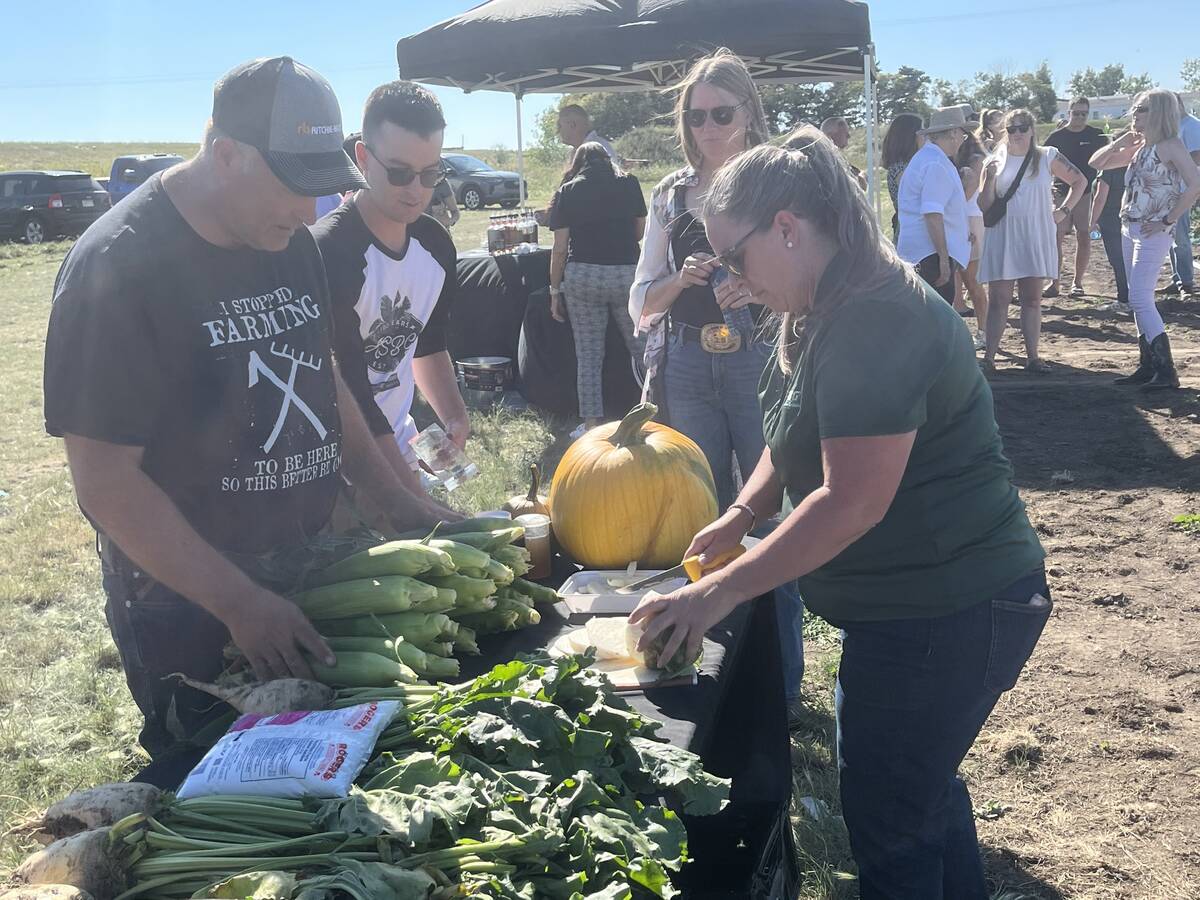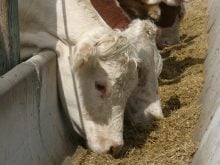In an effort to safeguard its guiding principles, the organic industry is attempting to wrest control of the national standard away from the Canadian General Standards Board.
Some producers are worried that if the industry doesn’t manage its own standard, it could get watered down by big business interests as they feel is happening in the United States, said Paddy Doherty, co-ordinator of the Canadian Organic Initiative.
“We want to ensure that the integrity of the organic label is maintained,” he said.
Before the federal government will agree to grant the industry the power to review and amend its own standard, it wants to see the establishment of a democratically elected national organization that represents the entire organic sector.
Read Also

Alberta farm lives up to corn capital reputation
Farm to Table Tour highlighting to consumers where their food comes from features Molnar Farms which grows a large variety of market fruits and vegetables including corn, with Taber being known as the Corn Capital of Canada.
Previous attempts to create a national voice for organic agriculture have failed because the sector is sharply divided on a wide variety of issues.
But a new proposal to establish a national organic council has already received the nod from traders and certifiers attending the Guelph Organic Conference and by the 28 members of the Organic Regulatory Committee.
“This is not the first proposal for a national organization presented at (the Guelph Organic Conference), but judging from the response of the meeting, we are confident this one will succeed,” said Doherty.
“There’s not unanimity for this concept but it’s a very good consensus.”
He said the big difference between this proposal and previous ones is that the council would have a narrow mandate limited to consulting with the government on national organic regulatory issues.
Issues beyond that scope, such as producer education and extension, market development and research and development, will be handled by existing national organizations such as the Organic Trade Association, Canadian Organic Growers and the Organic Agriculture Centre of Canada.
The plan is that the council will eventually take over the responsibilities of the Organic Regulatory Committee. That agency couldn’t be used as the basis for a national council because it has no terms of reference and its members were self-appointed, not democratically elected.
It will be comprised of one representative from each province, or where appropriate, from a region such as the Maritimes. Each region will decide on its own method for electing a representative.
“Every province has to find a way to represent the entire organic industry in their province.”
Doherty expects the council will materialize later this year but the Organic Regulatory Committee won’t hand over its duties until a new federal regulation for organics has been enacted.
“We’re not changing boats in midstream,” he said.















